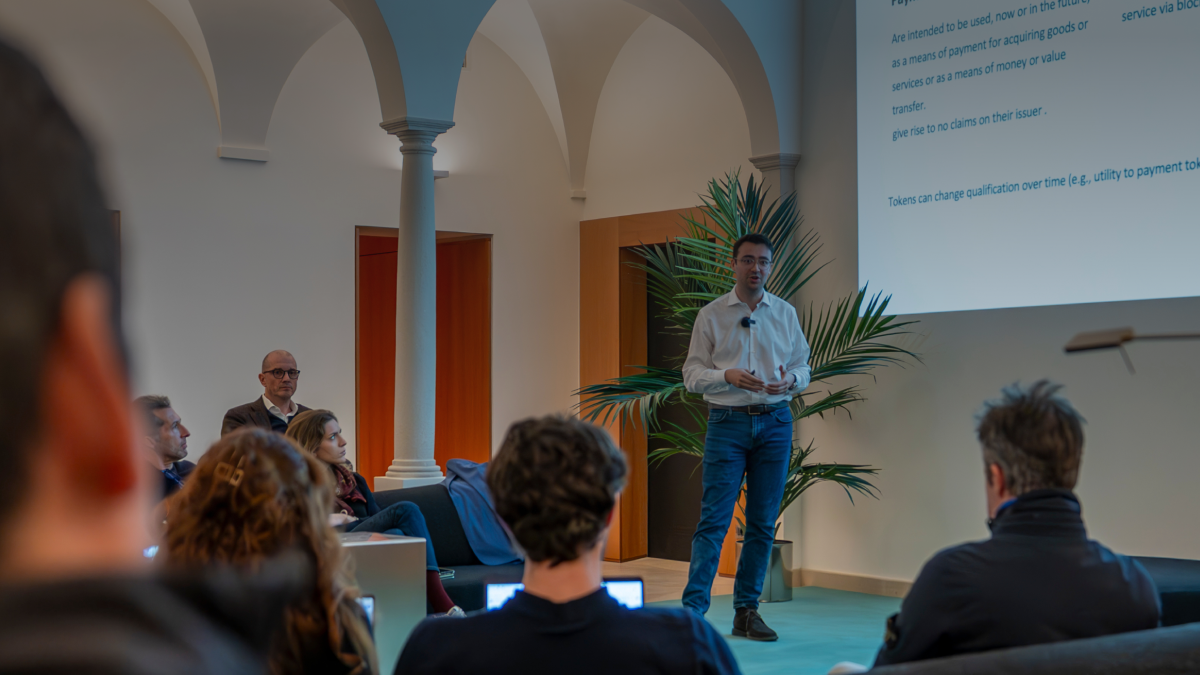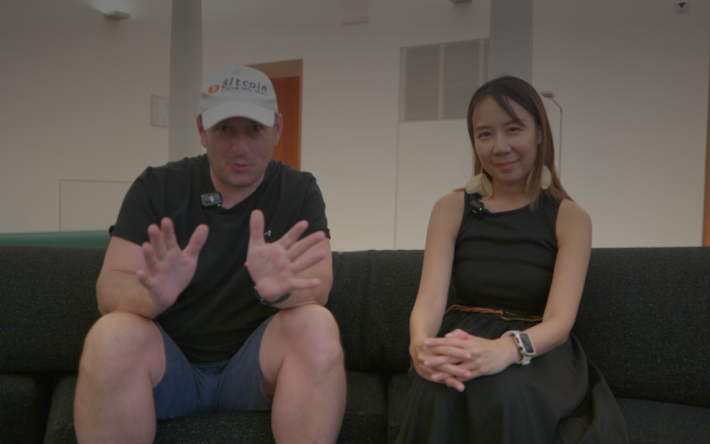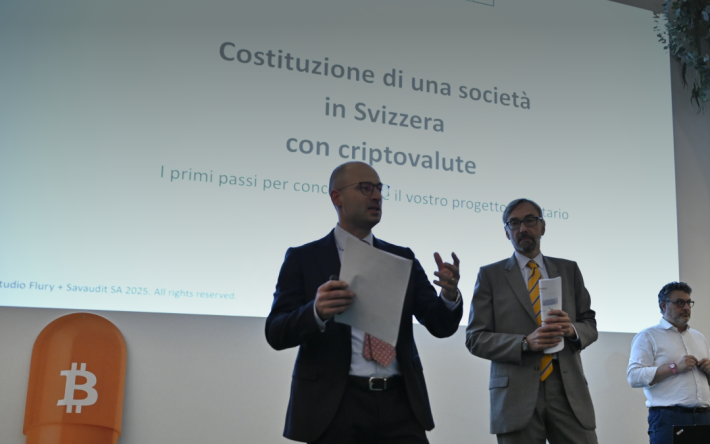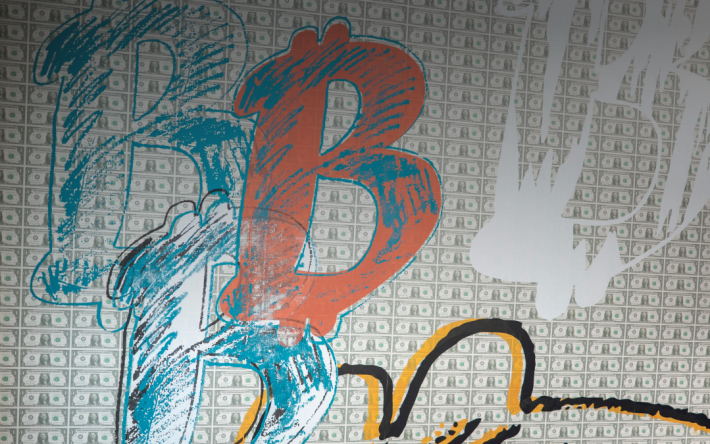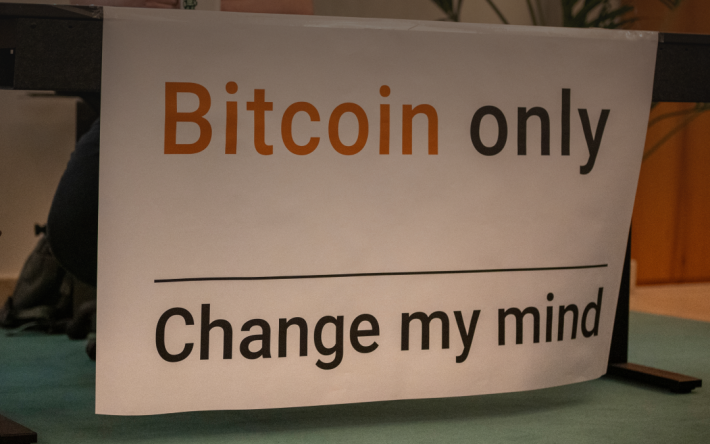At a recent event held at PoW.space in Lugano, blockchain regulation expert Alberto Borri provided valuable insights into the evolving landscape of token taxonomy and legal frameworks in Switzerland, Europe, and Dubai. The session highlighted the complexities, challenges, and opportunities businesses face in today’s rapidly changing regulatory environment.
The Regulatory Landscape in 2025
Blockchain technology and Bitcoin adoption have accelerated significantly, prompting governments worldwide to create clearer regulatory frameworks. Borri discussed the distinctive approaches taken by Switzerland, Europe, and Dubai.
Switzerland: Clear and Pragmatic
Switzerland maintains a pragmatic and clear regulatory approach without excessive constraints. Borri explained the three main token categories:
- Utility Tokens: Tokens granting access to goods or services without significant financial regulatory burdens.
- Payment Tokens: Used primarily for transactions and subject to Anti-Money Laundering (AML) regulations to ensure financial transparency.
- Asset Tokens: Represent real-world assets or securities, requiring more stringent regulatory oversight.
Switzerland’s clear classification offers flexibility, especially for utility tokens, making it attractive for blockchain companies.
Europe: Comprehensive but Complex (MiCA)
The EU’s Markets in Crypto-Assets (MiCA) regulation offers comprehensive clarity, particularly for stablecoins. Tokens are categorized as Electronic Money Tokens (pegged to a single fiat currency) and Asset-Referenced Tokens (pegged to multiple fiat currencies or commodities). MiCA imposes stringent requirements such as:
- Detailed white papers
- Rigorous collateral management
- Mandatory EU banking partnerships
- Strong AML/KYC compliance
However, MiCA’s passporting system allows businesses authorized in one EU country to operate across the union, providing substantial market access despite the regulatory complexity.
Dubai: Ambitious Regulation through VARA
Dubai’s Virtual Assets Regulatory Authority (VARA), established in 2022, offers an ambitious yet costly regulatory framework. Tokens are broadly categorized into:
- Fiat-Referenced Virtual Assets: Stablecoins linked to fiat currencies, closely regulated by VARA and UAE’s central bank.
- Other Virtual Assets: This category includes utility and payment tokens, requiring specific VARA approval and oversight.
Dubai aims to become a global blockchain hub, attracting businesses with its straightforward yet developing regulatory landscape.
Challenges and Considerations
Borri highlighted several regulatory challenges:
- Increasing global AML regulations and Travel Rule compliance, even affecting minor transactions.
- Ambiguity in Decentralized Finance (DeFi) regulation, where AML standards are often imposed even on decentralized platforms.
- Ongoing debate around true decentralization, with Bitcoin widely regarded as the only genuinely decentralized cryptocurrency.
Strategic Jurisdiction Selection
Borri emphasized the strategic considerations businesses should make when choosing jurisdictions:
- Switzerland: Preferred for clarity, responsive regulatory environment, and flexibility.
- Europe: Attractive for expansive market access but accompanied by extensive regulatory requirements.
- Dubai: Promising significant opportunities but requires navigating costly and evolving regulations.
The event at PoW.space in Lugano underscored the importance of carefully understanding these regulatory frameworks to effectively position blockchain initiatives.
Stay informed as blockchain regulation continues to evolve, shaping the future of global finance, business, and technology.

